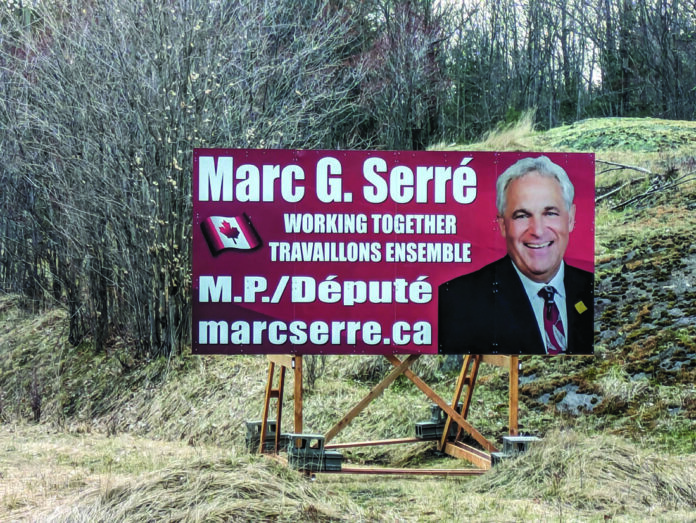OTTAWA—The latest round of negotiations at the Intergovernmental Negotiating Committee on Plastic Pollution (INC-4) concluded in Ottawa on Tuesday, showcasing both progress and sharp disagreements on a global treaty to combat plastic pollution.
Delegates and observers hailed a significant shift in focus as discussions delved into the text of the proposed treaty for the first time, marking a pivotal moment in the negotiation process. However, contentious issues, particularly regarding limitations on plastic production, ignited heated debates among participating nations.
The elephant in the room remained the question of whether to impose global caps on plastic manufacturing, a proposal staunchly opposed by plastic-producing countries and industry stakeholders. Despite these disagreements, INC-4 concluded with a commitment to continue refining the treaty ahead of the final meeting scheduled in South Korea later this year.
Preparations for the upcoming session will center on crucial aspects such as financing the treaty’s implementation, assessing chemicals of concern in plastic products and exploring product design. While some expressed disappointment that discussions sidestepped the issue of plastic production, others emphasized the importance of fostering circularity through recycling and reuse initiatives.
Amidst the negotiations, scientists from the Scientists’ Coalition for an Effective Plastics Treaty provided valuable research insights to inform deliberations. However, reports emerged of scientists facing harassment and intimidation from industry lobbyists, highlighting the intense pressure surrounding the negotiations.
Despite these challenges, countries remained united in their commitment to advancing the treaty process, underscoring the shared goal of creating a future free from plastic pollution. INC-4 Chair Luis Vayas Valdivieso urged delegates to maintain ambition in their deliberations as they work towards a comprehensive and effective treaty.
As discussions continue, delegates grapple with a range of complex issues, including identifying problematic plastics, regulating chemicals and devising strategies for financing and implementation. While differences persist, there is a shared determination to overcome obstacles and deliver a treaty that safeguards the planet for future generations.






